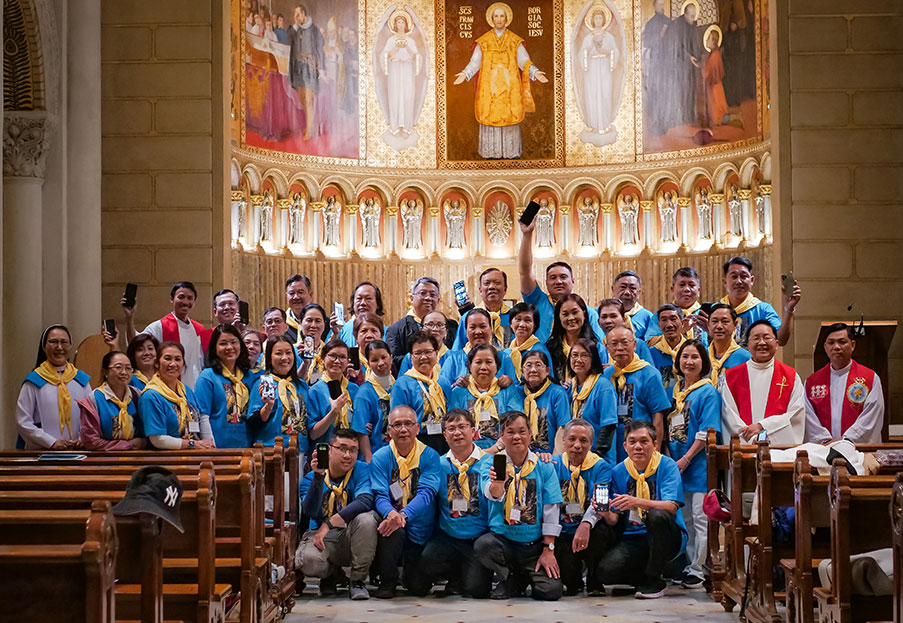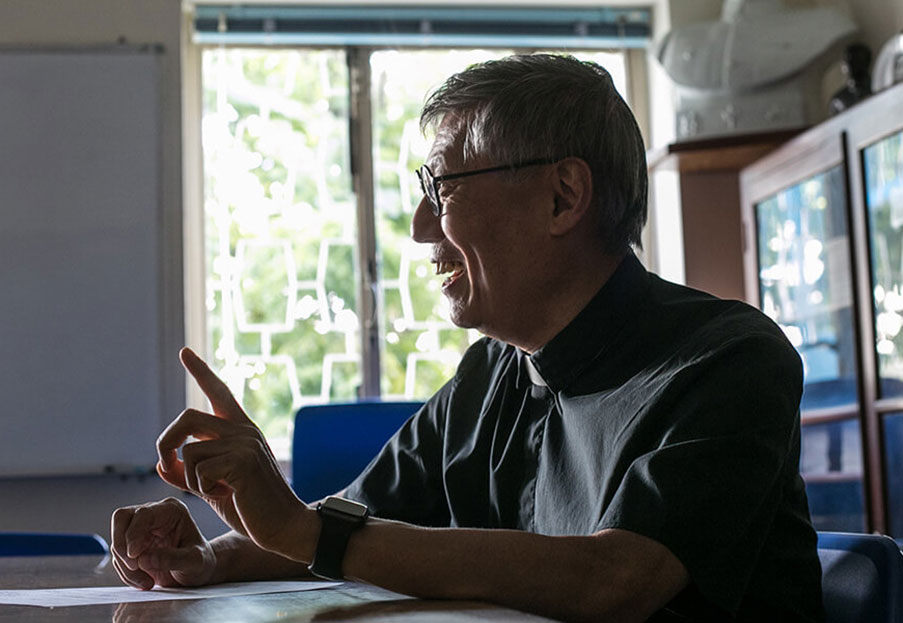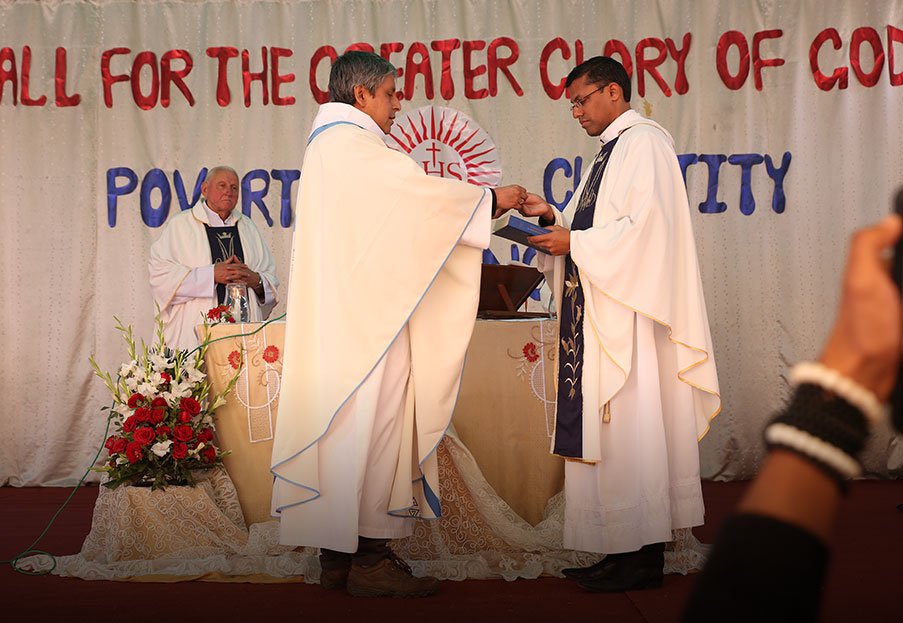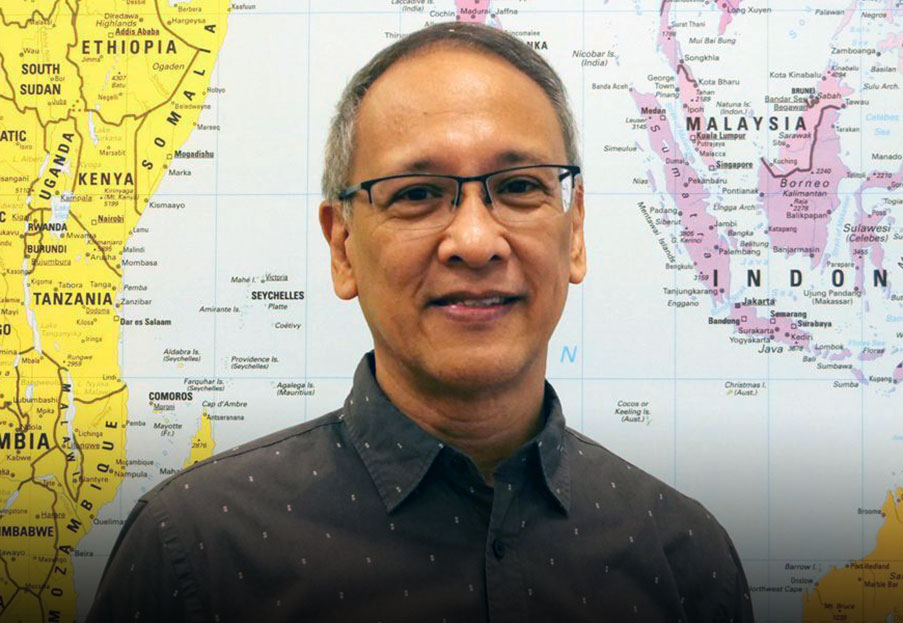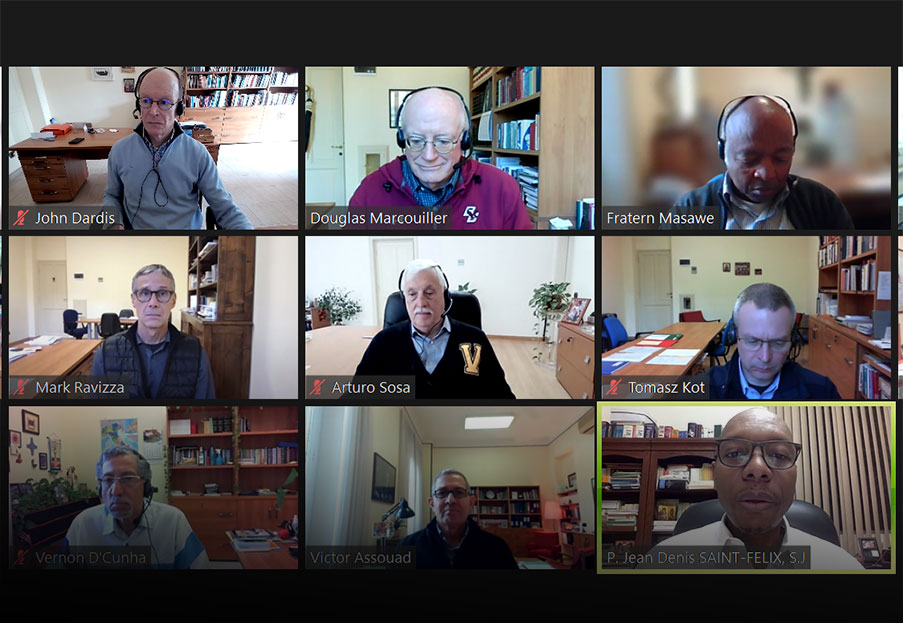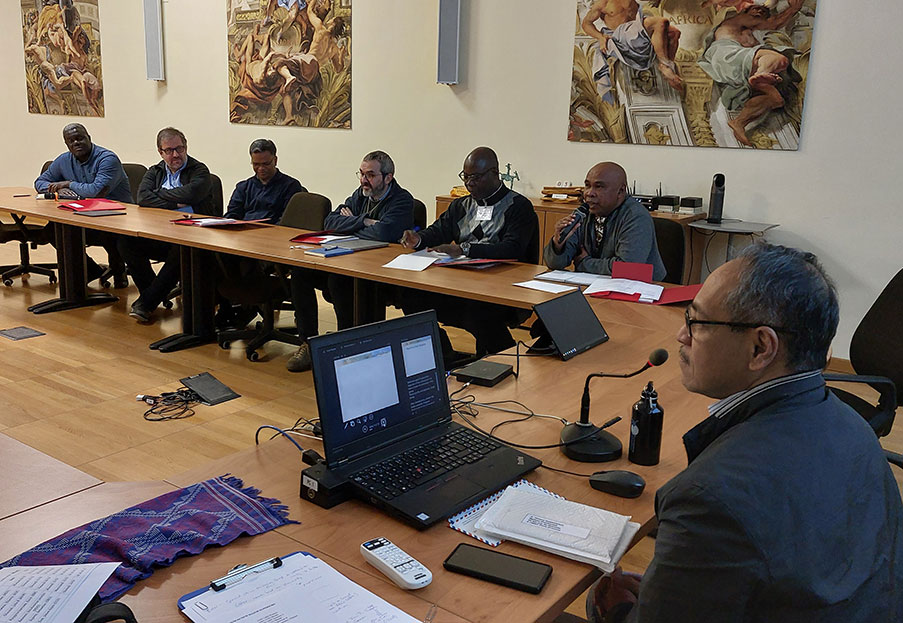Frank Brennan, SJ: Australia’s aboriginal advocate… and more
There are not many Jesuits from Australia among
the visitors to the General Curia, but at the end of May, one of the best known
came to take part in events marking the 50th anniversary of
diplomatic relations between Australia and the Holy See. He is Frank Brennan,
described by Wikipedia as a human rights lawyer and university professor. But
how does he define himself as a Jesuit? We caught up with him.
Frank Brennan, you have been very involved in defending the rights of indigenous peoples in your country. Can you be described as a “social activist”?
One of our Prime Ministers described me as ‘the meddling priest’. Another described me as ‘an ethical burr in the nation’s saddle’. A lawyer and an old style GC32 Jesuit, I have a strong commitment to the faith that does justice. I don’t believe you can work for justice unless you have some involvement in the public square. I have always tried to eye-ball the decision makers and those most adversely affected by those decisions. This stops me from becoming sanctimonious.
What led you to take an interest in the situation of aboriginal people in Australia? Did you choose this mission because you were a Jesuit?
I
did not choose this mission. My Provincial chose me for this mission, and that
was because I was a Jesuit with legal qualifications. I commenced my studies in
law and politics in the 1970s when there was little recognition of the rights
of Aboriginal Australians. So I committed myself to working with them for their
land rights and self-determination.
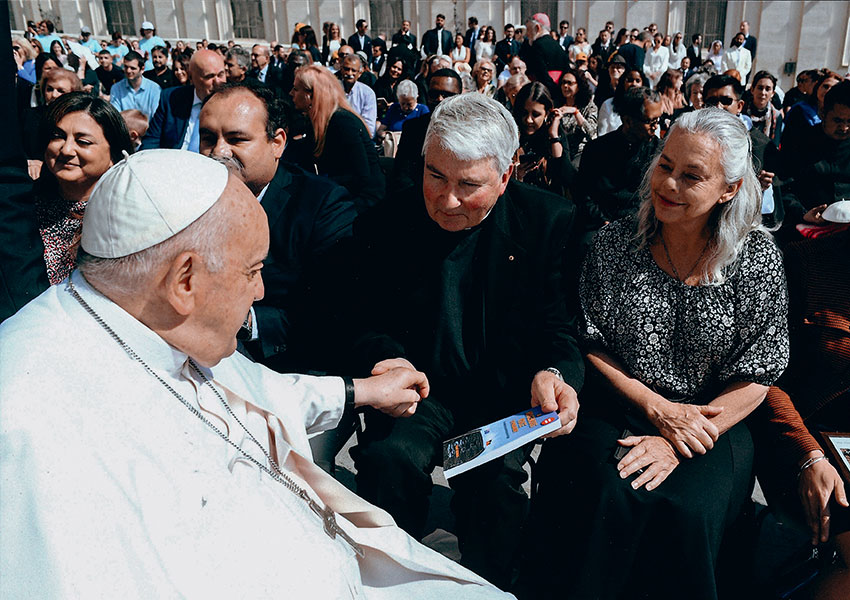
What have you learned through your association with aboriginal people that might be useful to other Jesuits elsewhere in the world who are working towards reconciliation with indigenous peoples?
Be an attentive listener. Before you speak, make sure you listen more deeply once again to those whose rights you agitate. Build and maintain relationships of trust with Indigenous peoples who have suffered so much breach of trust in post-colonial societies.
As a priest, you have sometimes spoken out on controversial issues, sometimes defending traditional Church positions, sometimes expressing your desire for change. What is the common thread running through your pastoral approach?
In the public square, you have to be humble but also strong and resolute. Ever since the scandal of child sexual abuse in the Church, we have less authority to articulate what is the common good or the public interest. But we must do this, for the sake of the voiceless and the marginalised who have little power. The gospel is good news even for a secular society. Why? Because it holds the poor and marginalised at the centre, and it espouses truth in season and out of season.
What resistance and obstacles have you encountered along the way?
Politics
always involves compromise. If there were an easy, clear answer, the problem
would not call for a political solution. Some do not want to hear from a priest
about such matters. Some think we should only espouse abstract ideals. Some
think we are only involved to advance our own causes or public standing. Some
just don’t trust Jesuits, and that includes some people in the Church.
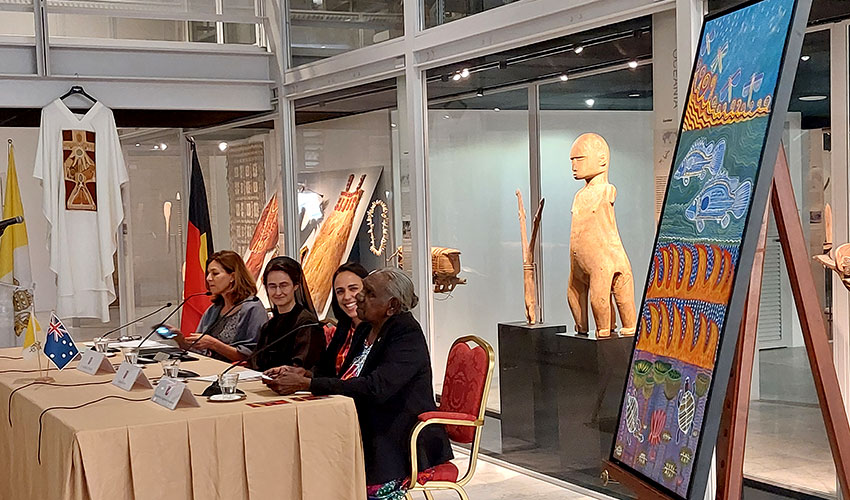
Among the honours you have received, the National Trust of Australia has designated you as a “living national treasure”. Explain this title, which may be somewhat puzzling.
In 1995, Australians were invited by the National Trust to vote for 50 ‘living national treasures’ - people who were contributing to all aspects of life in the nation. I had been involved in a long running campaign for the lands rights of Aboriginal people, following upon an historic court decision that recognised their rights to land for the first time. People were pleased that a trustworthy person who was not a politician, an Aboriginal or a mining company was able to explain the complex laws, especially when Aboriginal people and mining companies were in conflict.
How do you live out the Universal Apostolic Preferences of the Society of Jesus in your daily life and commitments?
I
pray; I work with young people, being the Rector of a university college; I
spread the word about Laudato si’; and I am most at home when I amwalking
with the poor, outcasts and victims of violence in our mission for justice and
reconciliation.
